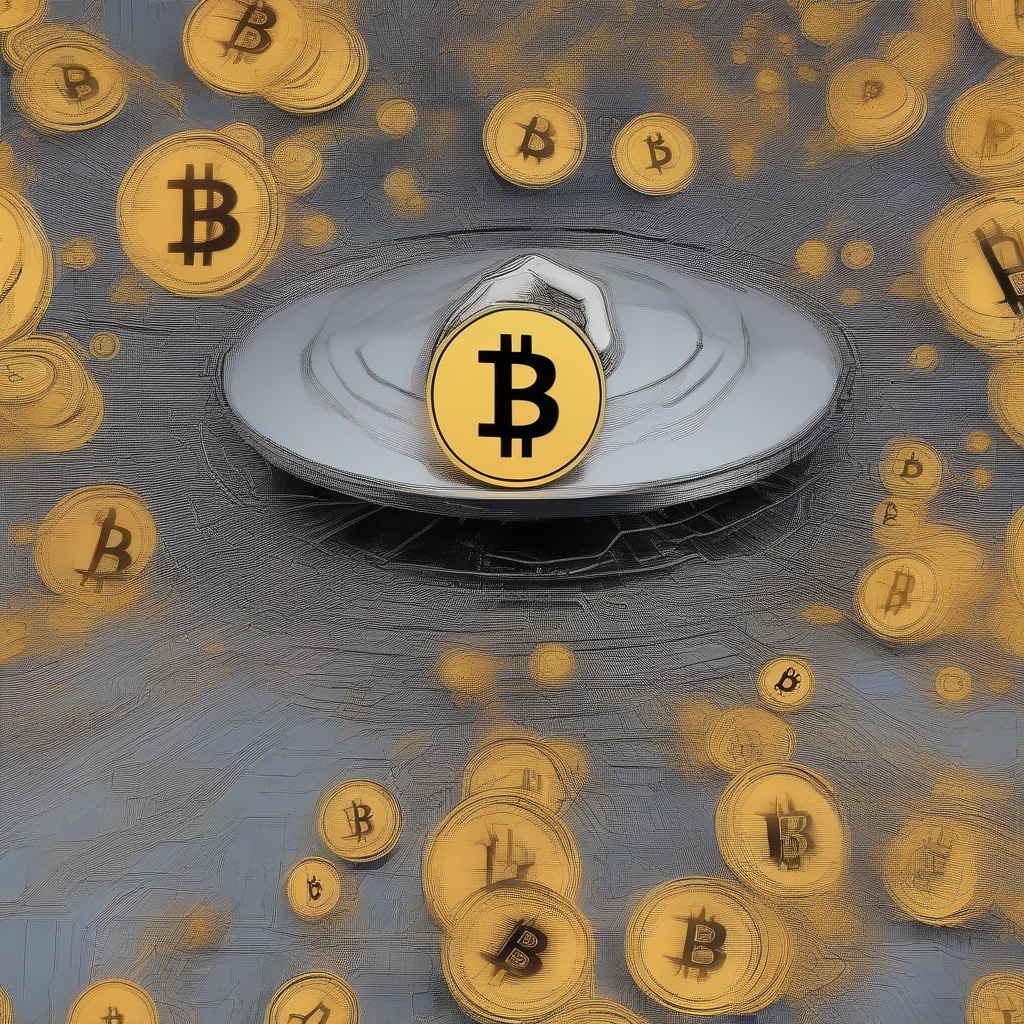How many Bitcoins has El Salvador mined since 2021?
I'm curious, can you shed some light on the specifics of Bitcoin mining in El Salvador? Specifically, how many Bitcoins have they managed to mine since the year 2021? It's intriguing to see a country embracing cryptocurrency to such an extent, and I'm eager to learn more about their efforts in Bitcoin mining.

Will bitcoin replace the dollar in El Salvador?
As a keen observer of the cryptocurrency and financial landscape, I must pose the question: Will Bitcoin truly replace the dollar in El Salvador? The Central American nation has made headlines by adopting Bitcoin as a legal tender, but does this signal a seismic shift in global currency dominance? The dollar, long the reserve currency of the world, faces new challenges from decentralized digital currencies. However, the dollar's stability, widespread acceptance, and integration into global financial systems are formidable barriers. Will El Salvador's bold move spark a global trend, or will it remain an outlier in the crypto revolution? The answer lies in the interplay between traditional finance and the emerging world of digital currencies.

Will El Salvador use Bitcoin as national currency?
Could you elaborate on the potential implications and considerations behind El Salvador's proposed move to adopt Bitcoin as its national currency? What are the key arguments for and against such a decision? What are the potential economic and social implications for the country, as well as for the global cryptocurrency landscape? Are there any precedents or similar cases that we can learn from? How might this affect the financial stability and sovereignty of El Salvador? What regulatory and legislative challenges need to be addressed? Finally, what are the long-term prospects and implications for Bitcoin and other cryptocurrencies if El Salvador were to successfully implement this policy?

How to buy bitcoin in El Salvador?
For those seeking to acquire Bitcoin in El Salvador, the process is relatively straightforward yet holds a few key steps. Firstly, it's important to understand that El Salvador has made Bitcoin a legal tender, meaning that businesses and citizens are encouraged to accept and use it. To purchase Bitcoin, one can visit any of the many ATMs dedicated to crypto transactions, where you can deposit cash in exchange for digital currency. Alternatively, online exchanges offer another convenient way to buy Bitcoin, often supporting a variety of payment methods. When using these platforms, it's crucial to prioritize security and ensure you're dealing with a reputable exchange. Lastly, remember to keep your digital wallet secure and practice safe storage practices for your Bitcoin holdings. Can you elaborate on the steps needed to safely purchase Bitcoin in El Salvador?

Are El Salvador's people using bitcoin less than they want?
Has the adoption of Bitcoin in El Salvador met the expectations of its people? Are there any indications that the use of bitcoin is falling short of what the citizens desire? Are there any challenges that may be hindering the widespread adoption of bitcoin in the country? Have there been any recent surveys or studies that indicate the level of satisfaction or dissatisfaction among El Salvadorians regarding the use of bitcoin? Are there any policies or regulations that could be adjusted to better facilitate the use of bitcoin by the population?

